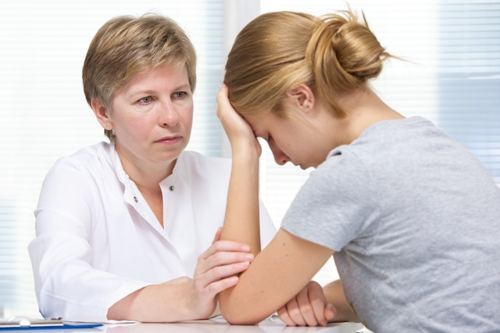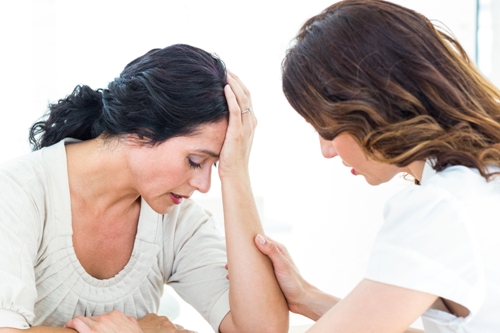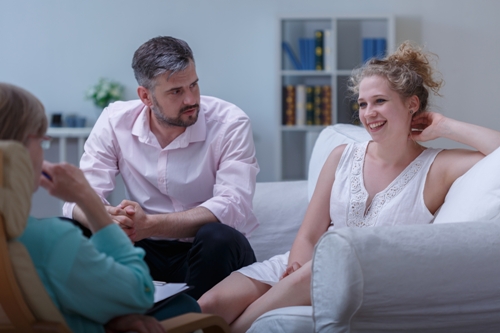Grieving After a Miscarriage
There are no right answers on what to do or feel after you suffer a miscarriage. Some people grieve privately and shut the world out around them, and others simply cry for a day and return to their normal routine. Although there is no perfect way to overcome the emotions tied to this loss, there are a few things to consider if you have lost a child.
Do Not Be Afraid of Your Emotions
Anger and pain are normal feelings that can accompany a miscarriage. You may feel depressed and frustrated at those closest to you. Some feel relief, and then guilt associated with it. While this is not out of the ordinary, it is important to consider counselling to ensure your spouse and loved ones understand what you are going through. This brings us to our next recommendation.
Talk It Out

Whether it is with a therapist, a trusted friend or your partner, do not keep your pain bottled inside. Simply having a shoulder to lean on and a set of ears to listen is a great way to release frustrations, anger and pain in a healthy way.
Understand There Will Be Triggers
You may be at the mall and see a parent pushing a stroller or pass by a park full of children on your way home from work, then suddenly start crying. This is definitely a natural reaction, and may help in your grieving process. Letting your feelings out is a good thing, though it can be painful.

Relationships May Be Put to the Test
It is easy to dissociate during this trying time, but that can often impact your current relationships. People will not always say or do the right things, and it is easy to hold that against them. Instead, try to accept the support you are offered.
Your Child Will Not Be Forgotten
Perhaps you feel you are ready to conceive again. That does not mean that your previous child will be forgotten. It simply means you are healing, and getting pregnant is not an uncommon aspiration. Your previous child will always be in your heart; remember you deserve happiness at the same time.

Sometimes the best way to start the healing process is speaking to a trained professional. Depression and Relationship Counselling Services are readily available, and can provide help and support in understanding your own personal pain better. Reaching out for assistance may not be easy, but it can make all the difference. Help is at hand at (519) 253-1519.

